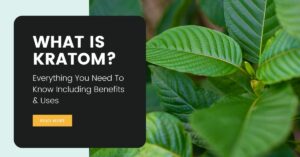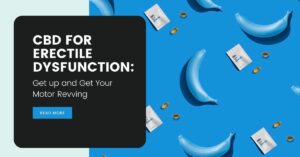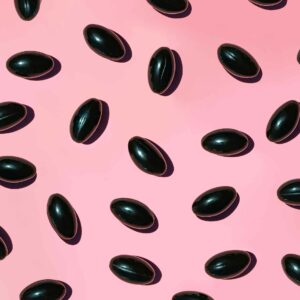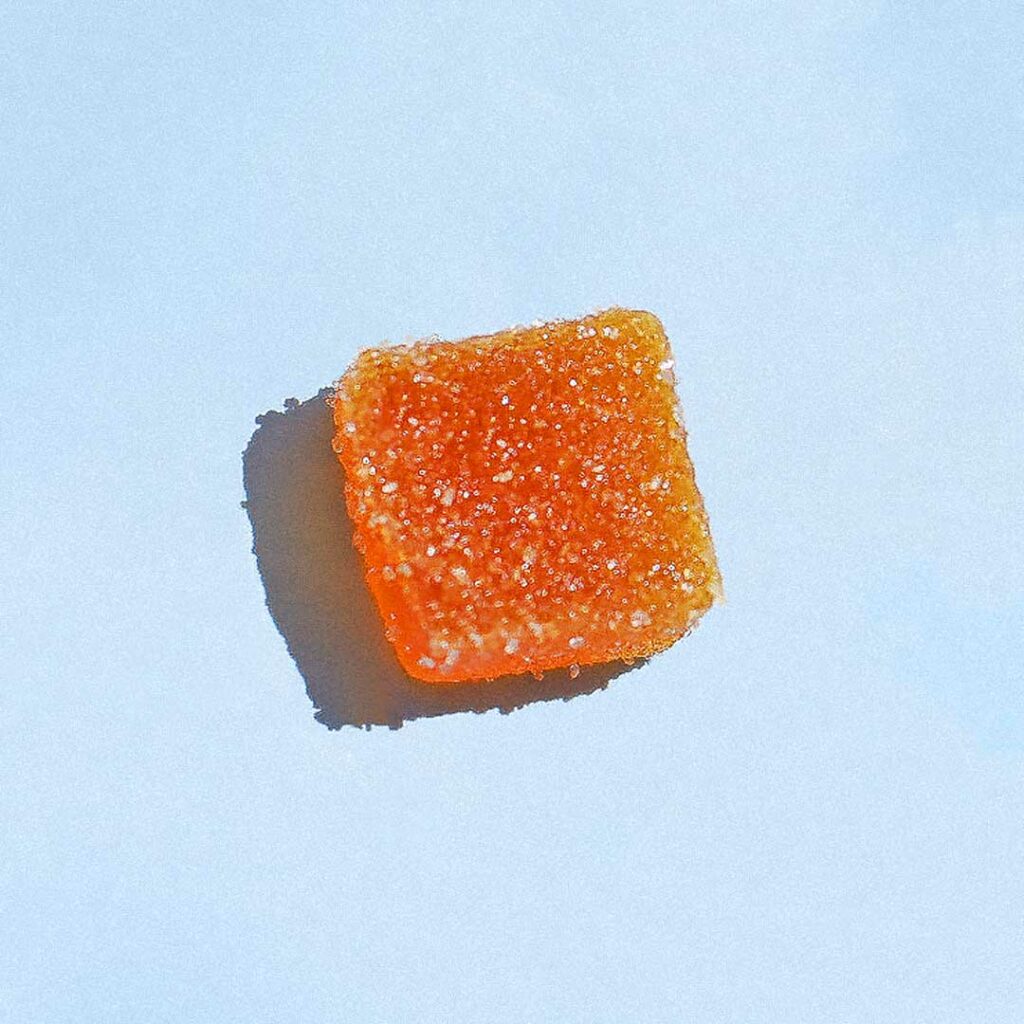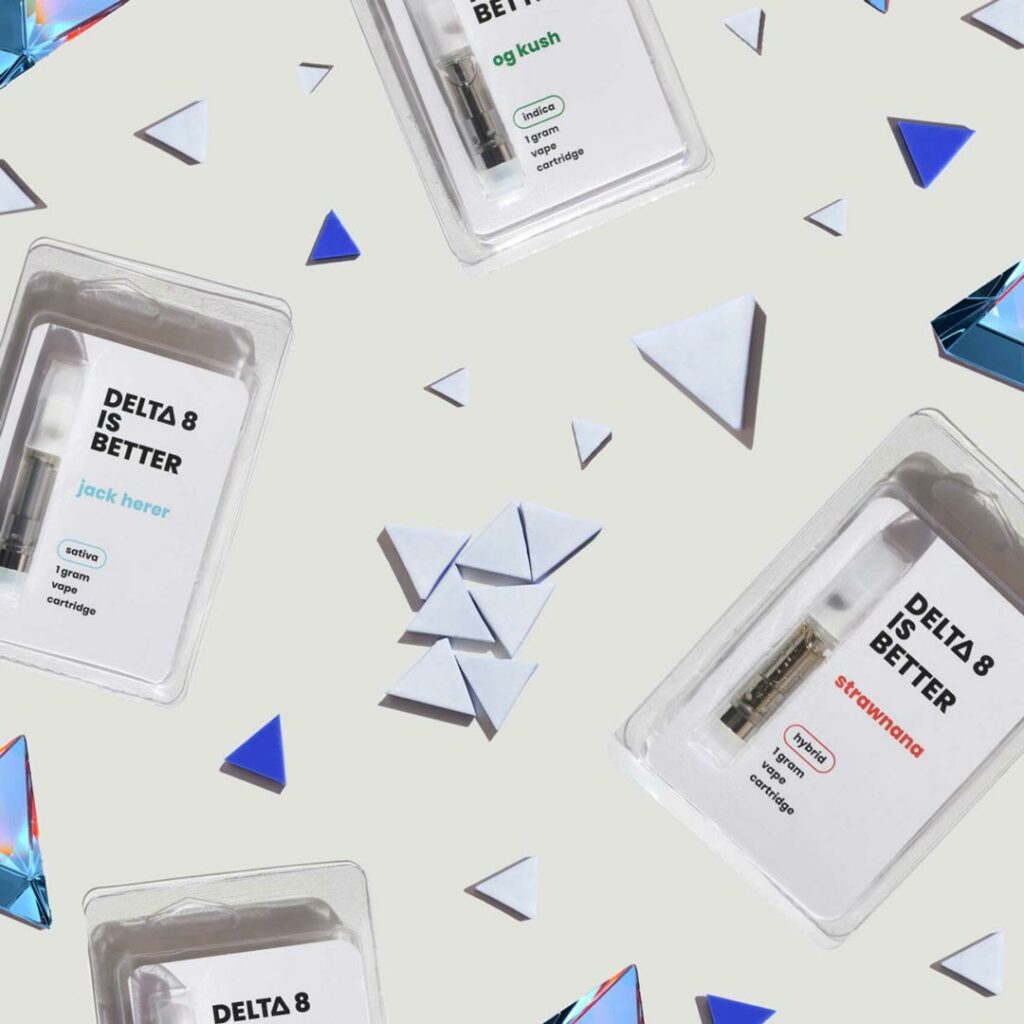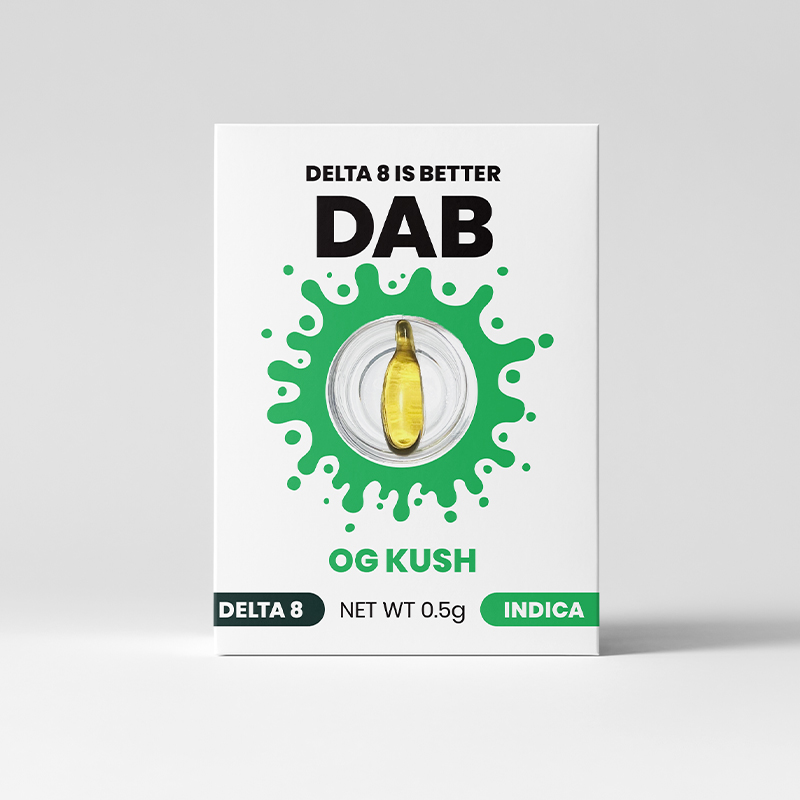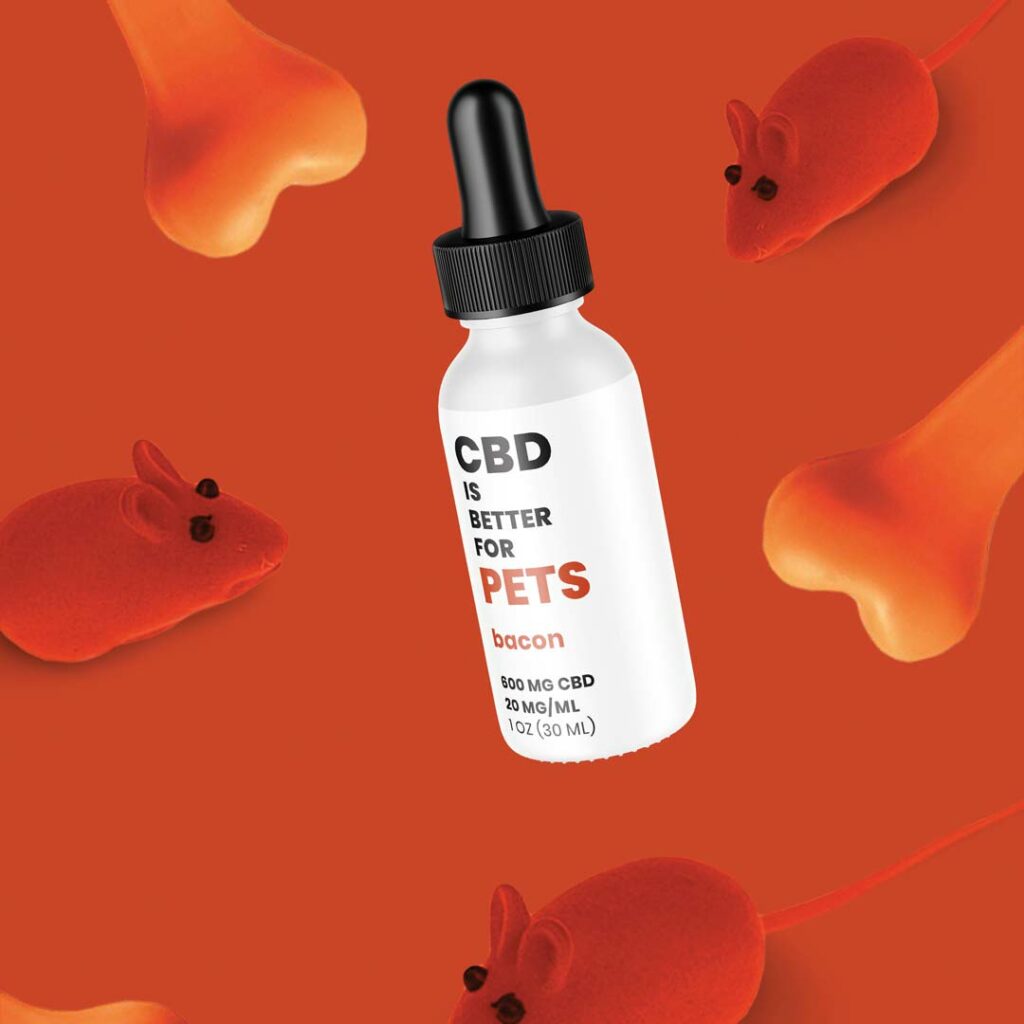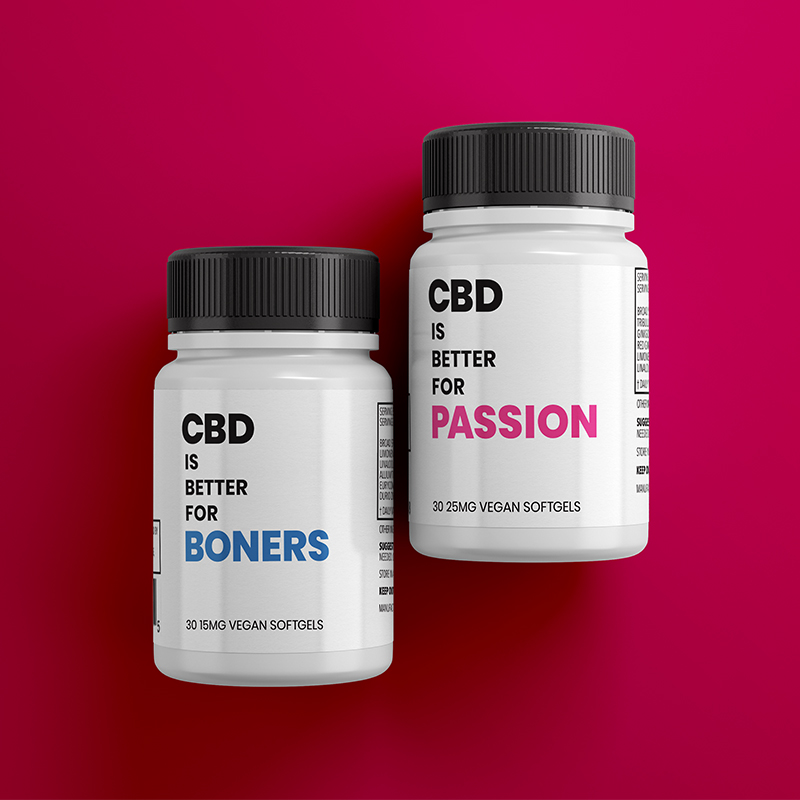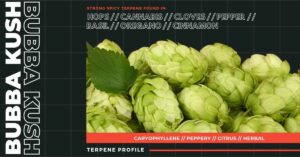

CBD (a.k.a. cannabidiol) has dominated the media and consumer products for years—in fact, some might accuse of this hemp-derived cannabinoid of overexposure. CBD is now incorporated in many beauty products, health supplements and pain remedies—but it’s also so trendy that it’s popped in pillowcases, bone broth, and toilet paper. Plenty of gas stations now have CBD for sale right next to the candy and cigarettes. It’s no wonder some people are suspicious about whether it actually lives up to the hype.
But CBD does, in fact, have measurable benefits, and there is scientific evidence behind many of CBD’s claims to fame. Because CBD was classified by the federal government as a Schedule I substance until December of 2018, we don’t have nearly the amount of research on its effects that we should. While we need more research on CBD and the health applications of all cannabinoids, here’s what the science tells us thus far:
- CBD helps treatment-resistant childhood epilepsy conditions like Dravet syndrome and Lennox-Gastaut syndrome (LGS). CBD’s effect on seizures is so undeniable that the FDA approved the first ever medication derived from the cannabis plant, Epidiolex, in 2018. Large-scale, randomized, controlled trials show that CBD is able to greatly reduce the number of seizures patients experience, and in some cases even eliminate seizures all together. Anyone who calls CBD to snake oil, or has any doubt that cannabidiol has an effect on the human brain, needs to watch one of the many powerful videos of CBD halting children’s seizures. CBD’s effect on neuropsychiatric disorders like epilepsy indicates it may have a calming effect on the central nervous system.
- Evidence suggests CBD has considerable potential to help people with anxiety. This 2015 study published in Neurotherapeutics concluded that “Preclinical evidence conclusively demonstrates CBD’s efficacy in reducing anxiety behaviors relevant to multiple disorders.” A 2019 double-blind study of Japanese teenagers with social anxiety disorder found that the participants who received CBD reported significantly decreased levels of anxiety, as opposed to their counterparts who received placebos. CBD’s anti-anxiety properties have been linked to specific receptor mechanisms and regions in the brain.
- CBD has been effective in helping some people with insomnia. Because of the many different factors that can contribute to insomnia (from chronic pain to anxiety, stress, overconsumption of caffeine and poor sleep hygiene) it’s difficult to conclude with certainty whether or not CBD actually promotes sleep. But we know there’s evidence it helps with anxiety, so if your insomnia is anxiety-related, it is absolutely worth a try. A small 2017 study of 72 people found that CBD decreased anxiety for 80 percent of the participants and improved sleep scores for two-thirds of them. Another study found CBD was able to ameliorate sleep disorders in patients with Parkinson’s. Even pharmacists have begun to recommend it as an option for patients who struggle to sleep. CBD’s effect on sleep is definitely an area where we need more clinical research—but its aforementioned calming effect on the central nervous system is likely to help us rest.
- The Harvard Health Blog calls CBD a promising agent for treating pain and inflammation. We don’t have studies of CBD’s effects on pain in humans yet, as the majority of the pain studies done thus far have examined CBD in animals—but those found that it has significant analgesic (pain relieving) and anti-inflammatory properties. For people with pain due to inflammation (such as arthritis, tendonitits or some types of back pain) CBD may address the underlying cause of the pain by reducing inflammation. Indeed, in 2019, the Arthritis Foundation surveyed 2,600 people with arthritis and found that 29 percent of them were already using CBD to treat arthritis symptoms. Other studies have shown that CBD increases pain tolerance.
- CBD may aid people in overcoming addiction, specifically to opioid drugs. Some research has found that CBD can reduce cravings in drug-abstinent individuals. One study of 42 patients recovering from heroin addiction reported reduced cravings for up to one week after consuming CBD, including a reduction of the “drug cue–induced physiological measures of heart rate and salivary cortisol levels.” The researchers concluded that “CBD’s potential to reduce cue-induced craving and anxiety provides a strong basis for further investigation of this phytocannabinoid as a treatment option for opioid use disorder.”
If you’re interested in exploring CBD’s benefits, make sure that the product you choose is a quality one that contains what it actually says it does on the bottle. Make sure any CBD you’re purchasing has been thoroughly tested: Any product worth its price will provide a COA, or certificate of analysis, on their website. It’s important to check any manufacturer claims (and steer clear of those who make outlandish promises about the magic of CBD cures). Don’t buy that CBD at the gas station.
Robert Johnson
READ MORE
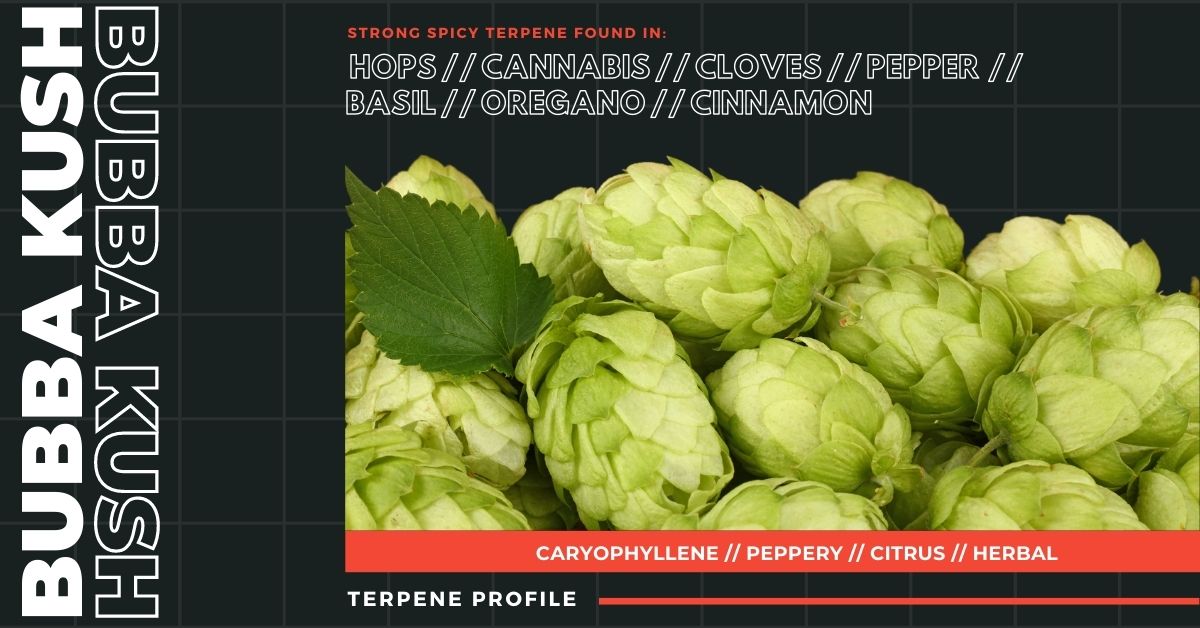
Terpenes 101: What is Caryophyllene and What Does it Do?
Caryophyllene, also called beta-caryophyllene or BCP, this terpene can be found in hops, cloves, black pepper, oregano, cinnamon, basil and strains of cannabis. If you’ve ever taken a whiff of herb with a funky bite that hits like smelling cracked pepper, it’s likely rich in caryophyllene.
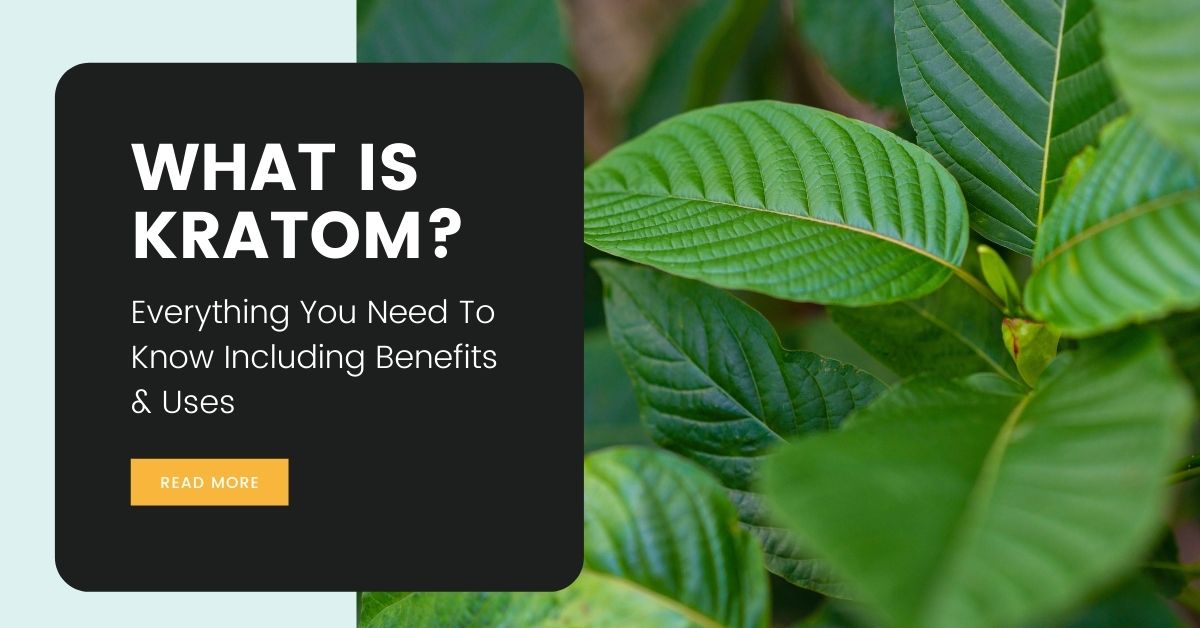
What is Kratom? Everything You Need To Know Including Benefits & Uses
There have been uses of kratom for centuries in traditional medicine in Southeast Asia. It has many potential uses and benefits as well as considerable risks. Read on to learn more about using kratom for your health.
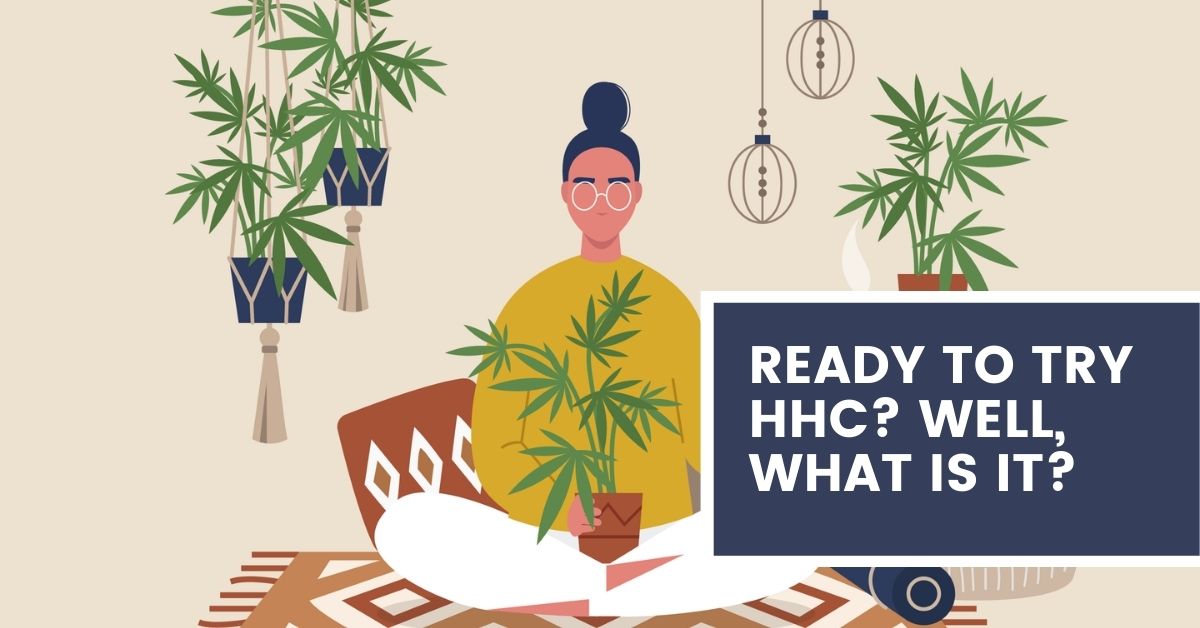
Thinking of Trying an HHC Vape But Find Yourself Wondering What Exactly is HHC?
One of the unintended benefits of the 2018 Farm Bill that made agricultural hemp federally legal was the new wave of THC analogs hitting the market with very similar effects to the THC we all know and love. One of the newest, HHC is actually not a THC analog at all but it’s close. How close? Let’s break it down.
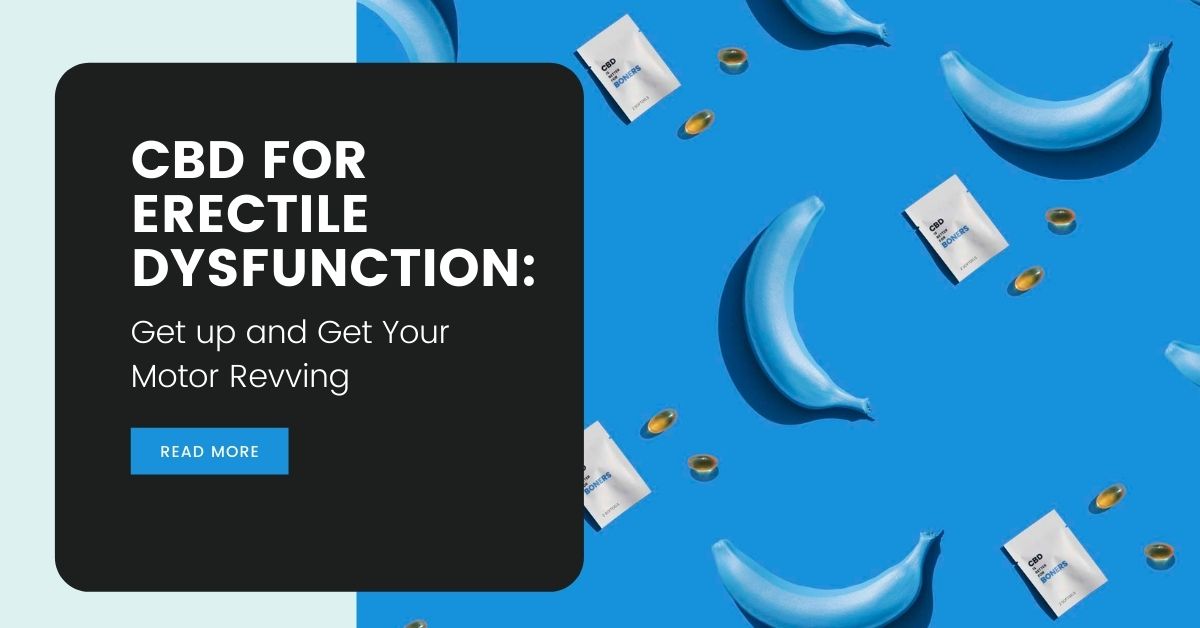
CBD for Erectile Dysfunction: Get up and Get Your Motor Revving
Although it’s often a sensitive subject, the truth is that approximately 52% of all men have or will experience erectile dysfunction (ED) at some point in their lives often much younger than one would expect.
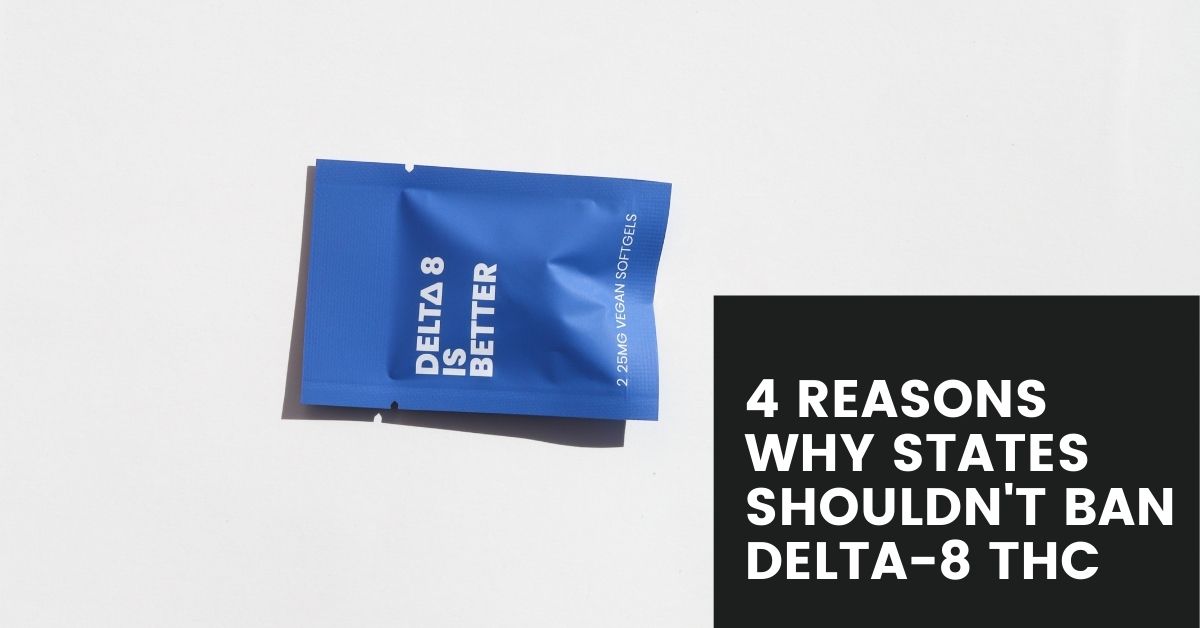
4 Reasons Why States Shouldn’t Ban Delta-8 THC
More than 15 states have actually banned Delta-8 outright but what’s most shocking about these bans is that they are supported by so many hemp business leaders.
